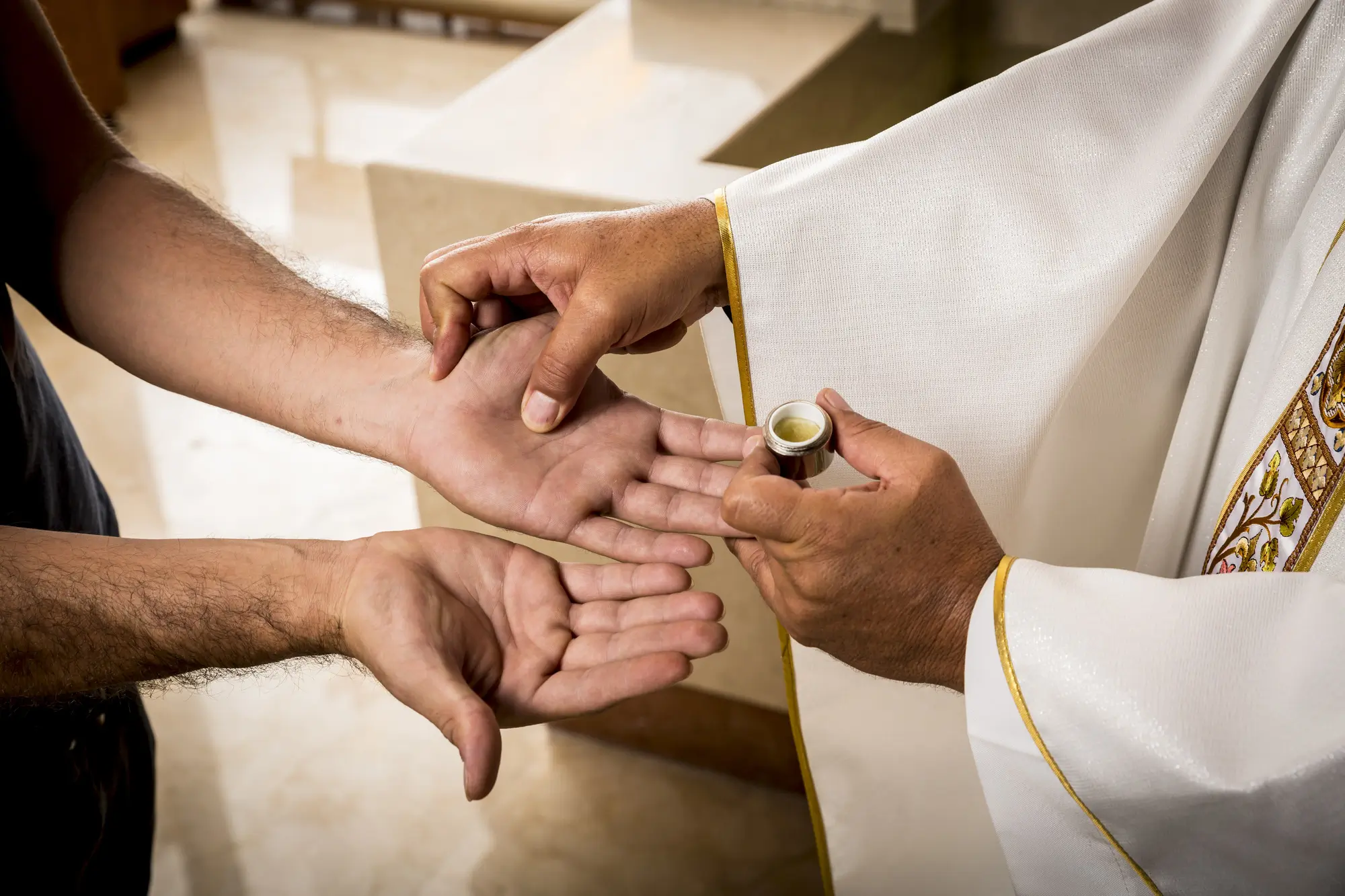The Sacraments of Healing
Restoring Body and Soul through God's MercyReconciliation and Anointing of the Sick
In the Catholic Church, the Sacraments of Healing are two specific sacraments designed to provide spiritual and sometimes physical healing, addressing the effects of sin and suffering. These sacraments are Penance (Reconciliation) and Anointing of the Sick.
Sacrament of Penance (Reconciliation or Confession)
Purpose: This sacrament offers forgiveness for sins committed after Baptism, restoring the individual’s relationship with God and the Church. It addresses spiritual healing by reconciling the sinner with God’s grace.
Process:
- Examination of Conscience: The penitent reflects on their sins.
- Contrition: The penitent expresses genuine sorrow for their sins, either through perfect contrition (sorrow due to love of God) or imperfect contrition (fear of punishment).
- Confession: The penitent confesses their sins to a priest, who acts in the person of Christ.
- Absolution: The priest grants forgiveness through the prayer of absolution, invoking God’s mercy.
- Penance: The penitent performs an act (e.g., prayers, good deeds) to make amends and grow in virtue.
Theological Basis: Rooted in Jesus’ ministry of forgiveness (e.g., John 20:22-23, where Jesus gives the apostles authority to forgive sins), this sacrament heals the spiritual wounds caused by sin, restoring grace and communion with the Church.
Effects:
- Forgiveness of sins (mortal and venial).
- Restoration of sanctifying grace (if lost through mortal sin).
- Strength to avoid sin in the future.
- Reconciliation with the Church community.


Sacrament of the Anointing of the Sick
Purpose: This sacrament provides spiritual and sometimes physical healing to those who are seriously ill, elderly, or nearing death. It unites the suffering of the individual with Christ’s passion and offers strength, peace, and courage.
Key Elements:
Anointing: A priest anoints the forehead and hands of the sick person with the Oil of the Sick, blessed by a bishop.
Prayer: The priest prays for the person’s spiritual and physical well-being, asking for God’s grace and mercy.
Scriptural Basis: James 5:14-15, which states, “Is anyone among you sick? Let him call for the elders of the church, and let them pray over him, anointing him with oil in the name of the Lord.”
Effects: Grants strength to endure suffering, forgives sins (if the person is unable to confess), prepares the soul for eternal life, and sometimes results in physical healing if it aligns with God’s will.